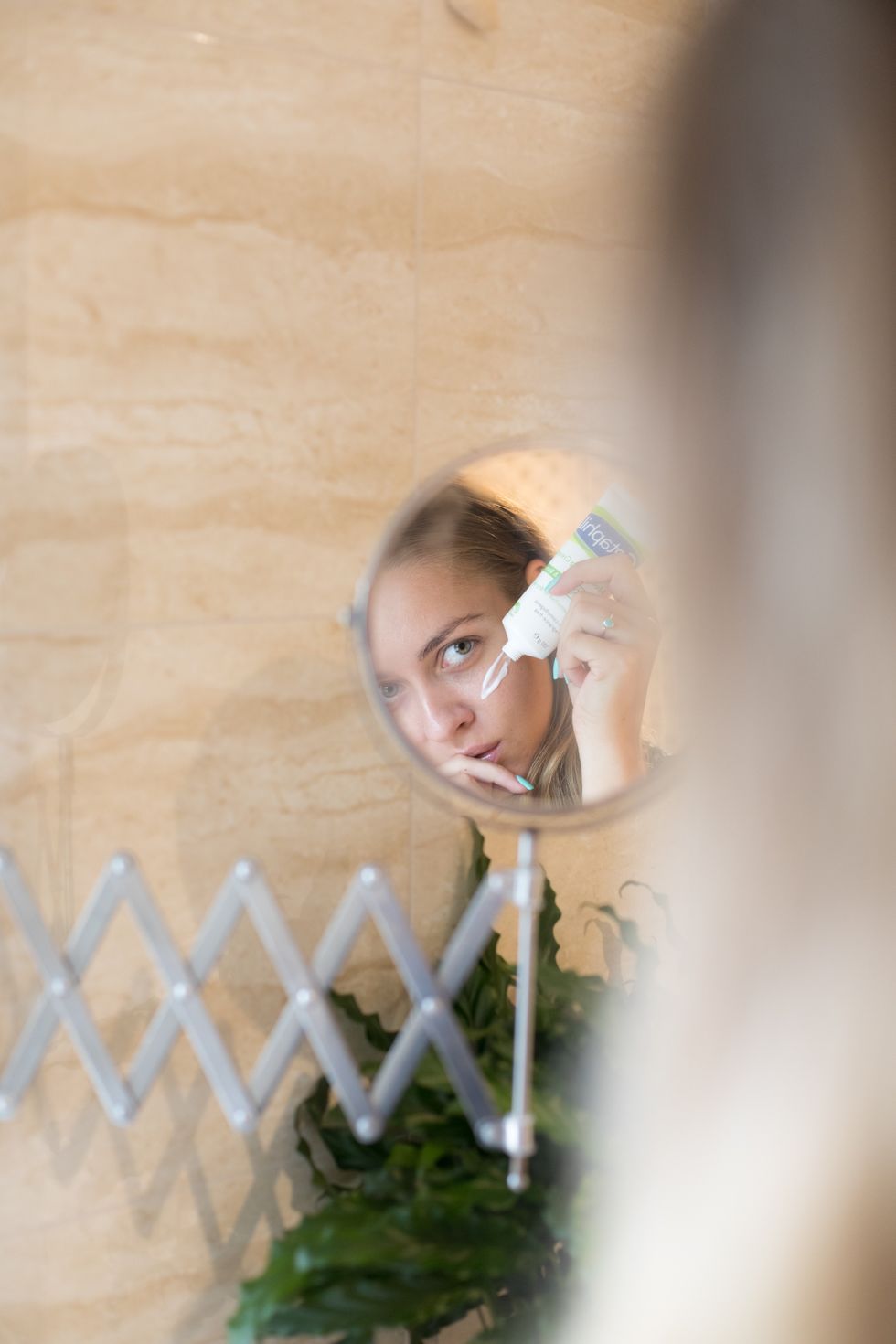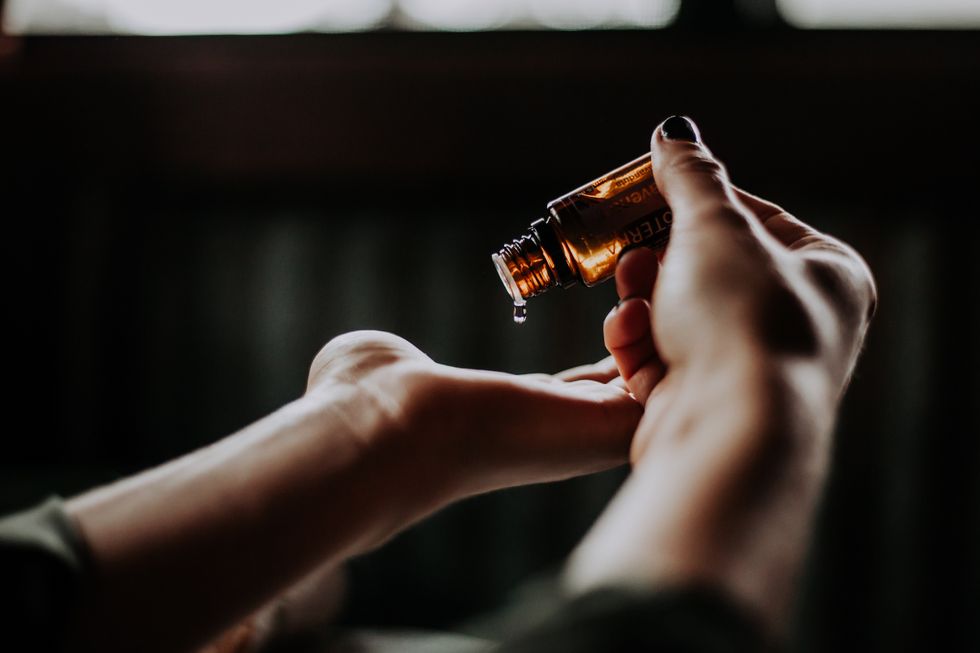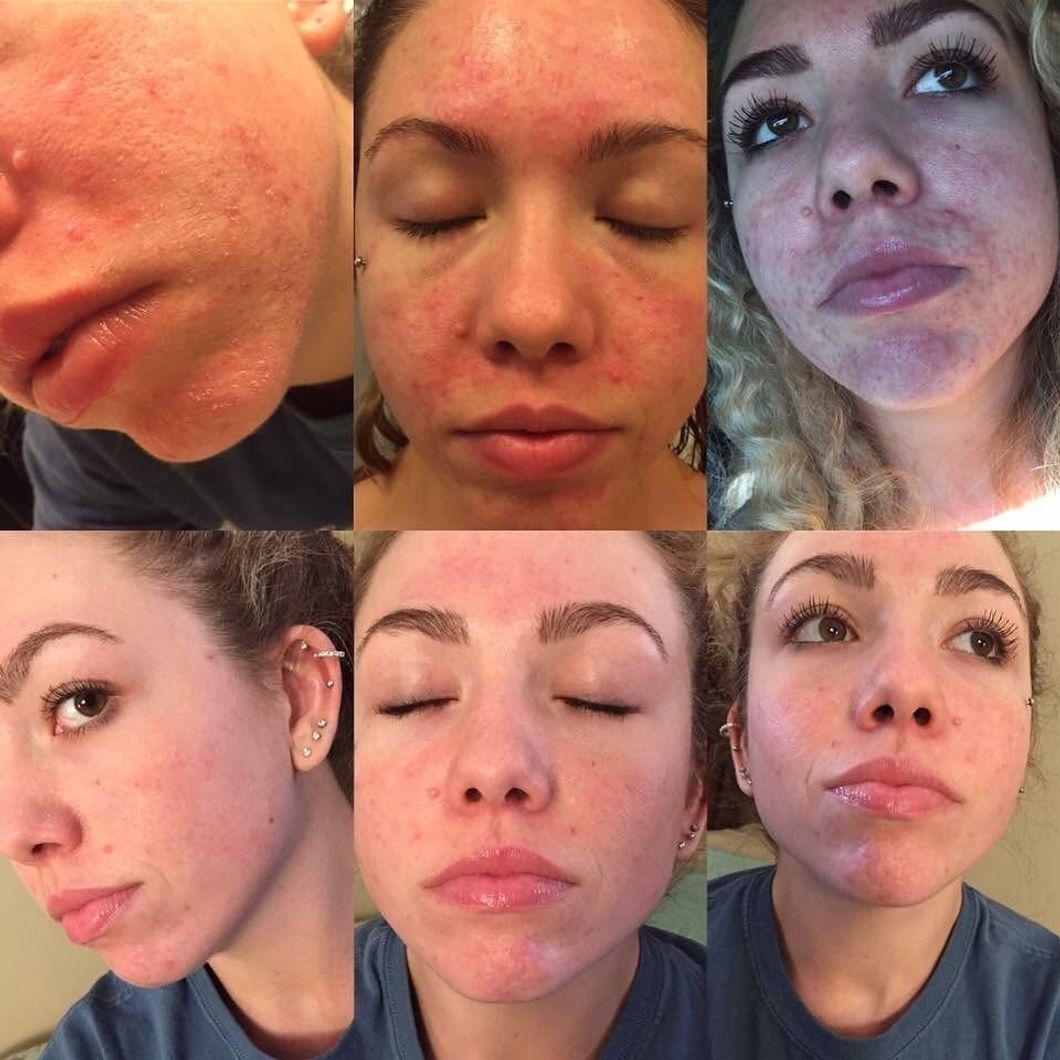5 Essential Skincare Tips
Consistent care for your skin is essential in order to keep it healthy.
Consistent care for your skin is essential in order to keep it healthy.
1. Diet & Exercise

Of course, this is the most common skincare tip, but it's true. Skincare has a lot to do with diet, exercise, water intake, and overall health. I was always told by my parents to drink more water, eat more vegetables, and take care of your overall body because your skin is a reflection of your overall health.
2. Hydration

Not only is hydrating yourself by drinking plenty of water each day important but hydrating your skin is essential. Oftentimes, if you have oily or dry skin, you may actually have dehydrated skin that is attempting to replenish itself. I use a face mist before applying moisturizer to rehydrate my face with water and then sealing it in with moisturizer.
3. Moisturize

Moisturizing is an absolutely essential part of skincare. Even if you have oily skin and think your skin doesn't need it, all skin types need moisture. I apply a moisturizer after hydrating my skin to lock in the water and I wake up with smoother skin. Acne, dry skin, or flakiness is often due to a damaged moisture barrier, but consistent moisturizing can often solve this.
4. Chemical Exfoliation

If you're like me and have acne or texture problems, chemical exfoliation is the way to go. There are physical exfoliants that use sugar or crushed walnut shells, but these are often too abrasive for your face, leaving microtears on delicate skin. It's best to save the sugar scrubs and St. Ives to exfoliate your body. Instead, try a chemical exfoliant like glycolic acid, lactic acid, or salicylic acid. Try to exfoliate at night to prevent sun damage or a red face!
5. Sun Protection

Sunscreen is key to prevent future skin problems such as dark spots, wrinkles, and aging. Even if you're not laying out on the beach or it's not particularly sunny, it's always a good idea to protect yourself from harmful UV rays. There are two types of sunscreens: the most common type is physical sunscreens, which reflect the sun's rays (usually with zinc), while there are chemical sunscreens, which use different chemicals to convert the rays into non-harmful heat energy. Chemical sunscreens tend to feel more lightweight, so playing around with your sunscreen and finding the right one for everyday use is a great way to consistently care for your skin.

























